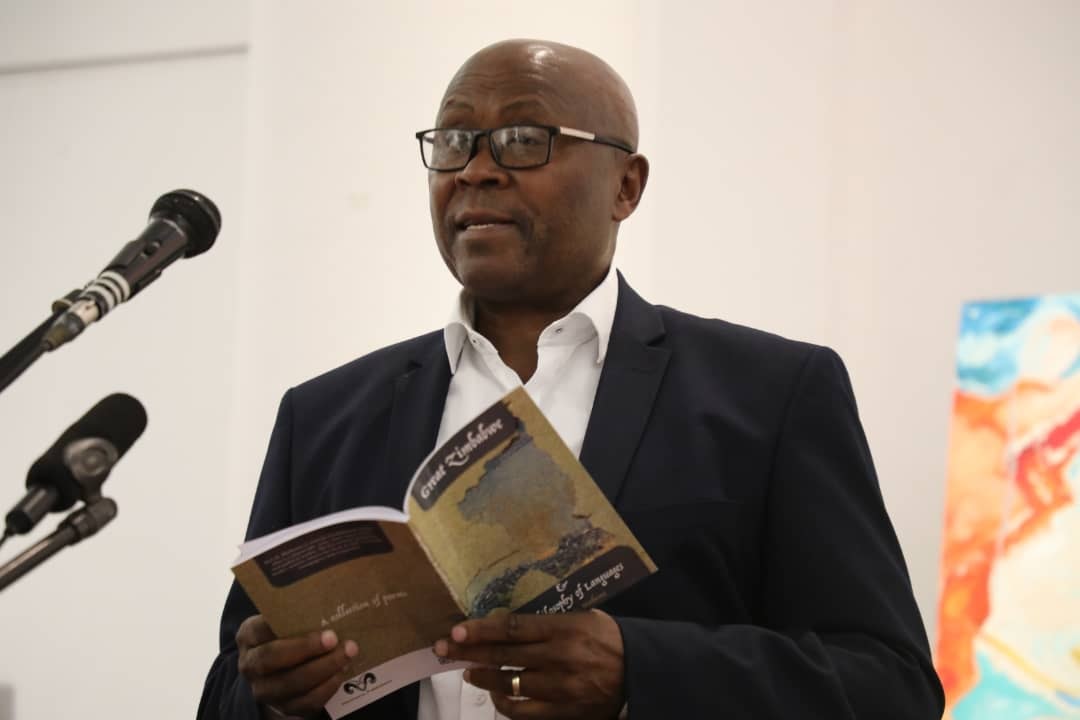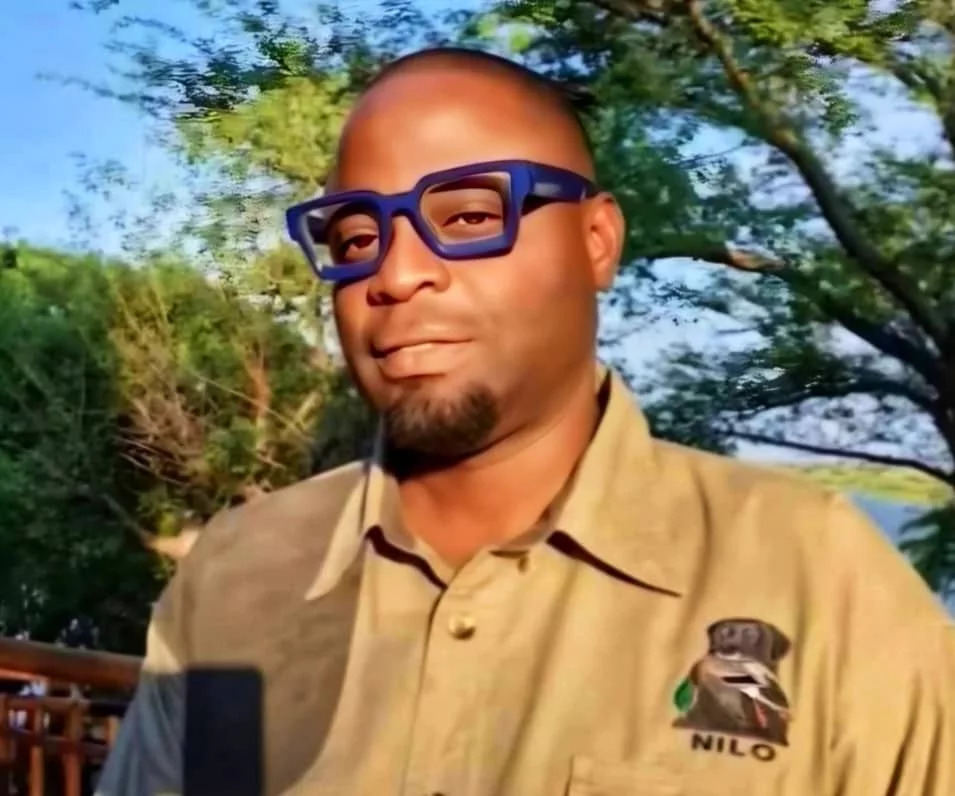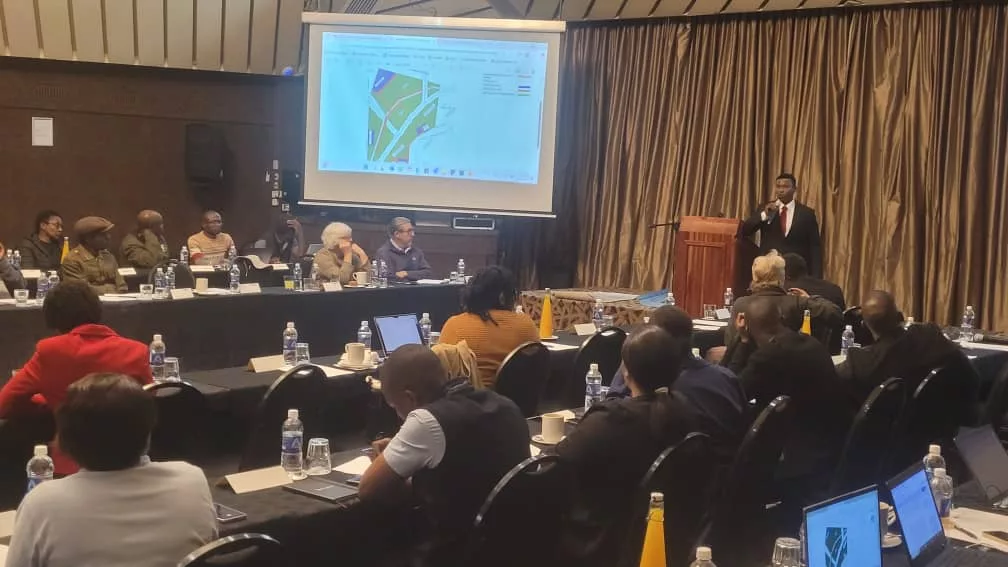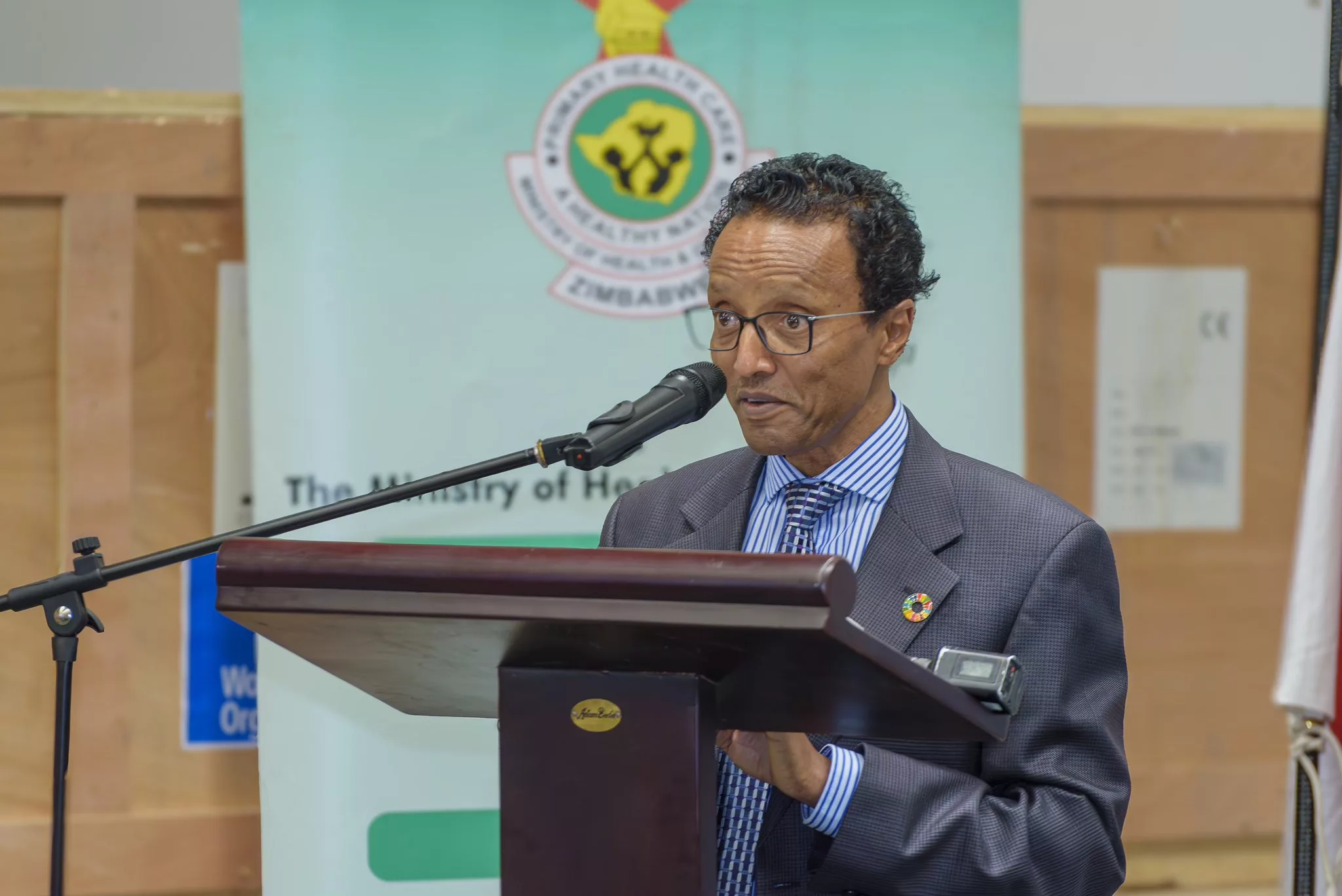The Education Coalition of Zimbabwe (ECOZI) said it appreciates the initiatives being taken by the Ministry of Primary and Secondary Education (MOPSE) in ensuring continuous learning during the COVID-19 pandemic as well as the steps being taken towards re-opening of schools but feels learners with disabilities are being left behind.
The coalition applauded the Ministry for the resuscitation of the radio lessons and continuous engagement with partners and stakeholders through the Zimbabwe Education in Emergencies Cluster and other platforms on the way forward in providing continuous education during the pandemic. However, ECOZI said it is concerned that learners with profound disabilities including deaf learners have been excluded as television lessons are scheduled for nine weeks later, which will result in these learners being left behind.
ECOZI remains committed to supporting MOPSE in providing quality and equitable education for all Zimbabweans. As a partner to the MoPSE, ECOZI with support from Education Out Loud and Save the Children; carried out wide consultations through its Provincial Chapters, Thematic Committees and National Membership Coordination Meeting in an effort to seek ideas and contributions on the provision of continuous quality education during COVID-19 and the re-opening of schools.
“We are concerned that the multiplier effects of the spread of COVID 19 in schools can be big, as some countries opened schools and closed them immediately after when the rates of infection increased. We also note that the level of testing in Zimbabwe is low and too expensive and that there will be a lot of traffic as both learners and teachers travel from their homes to schools. We are gravely concerned that day learners will have to travel long distances in groups daily to and from their schools and that boarding school learners and teachers from various places will converge at their schools from various locations.
“We appreciate that some schools are being used as quarantine centers, and applaud efforts by the government to move all quarantine centres from schools and subsequently sanitize them, but concerned on the need for this process to be done timely and properly. We acknowledge that teachers, parents, and learners have different perceptions and attitudes towards the use of online classrooms and that e-learning and radio programmes have access limitations while teachers are also demanding COVID-19 response allowances for them to go back to school,” ECOZI said in a statement.
ECOZI said it is aware that the teacher-pupil ratio in schools is high and it will be difficult for learners to practice social distancing unless more personnel is deployed in schools and more space is availed.
“Cognisant that online learning will miss the majority of learners for holistic education as the fundamentals that support online education are not in place and the cost drivers to the nation to resolve these are huge. Noting that re-opening of schools has real challenges; and for that to happen GOVERNMENT AND STAKEHOLDERS have to be really committed to investing resources to make it possible.”
In light of the above concerns, ECOZI therefore makes the following recommendations:
- That the GOVERNMENT consider re-opening of schools when all the above mentioned challenges in schools have been solved.
- That the GOVERNMENT clearly articulates its budget on the re-opening of schools to address the above concerns
- That the GOVERNMENT provide adequate personal protective equipment for staff and students
- That teacher pupil ratio be reviewed to allow the correct and safe numbers in the classrooms as per the WHO Guidelines. This naturally means the employment of more teachers.
- That the GOVERNMENT provide enough learning materials to avoid sharing of resources
- That there be collaboration among; Government, CSOs and other stakeholders to work together to ensure that communities are sensitized on online distance learning.
ECOZI views reopening of schools in Zimbabwe under the current situation unsafe and will have repercussions on learners.






